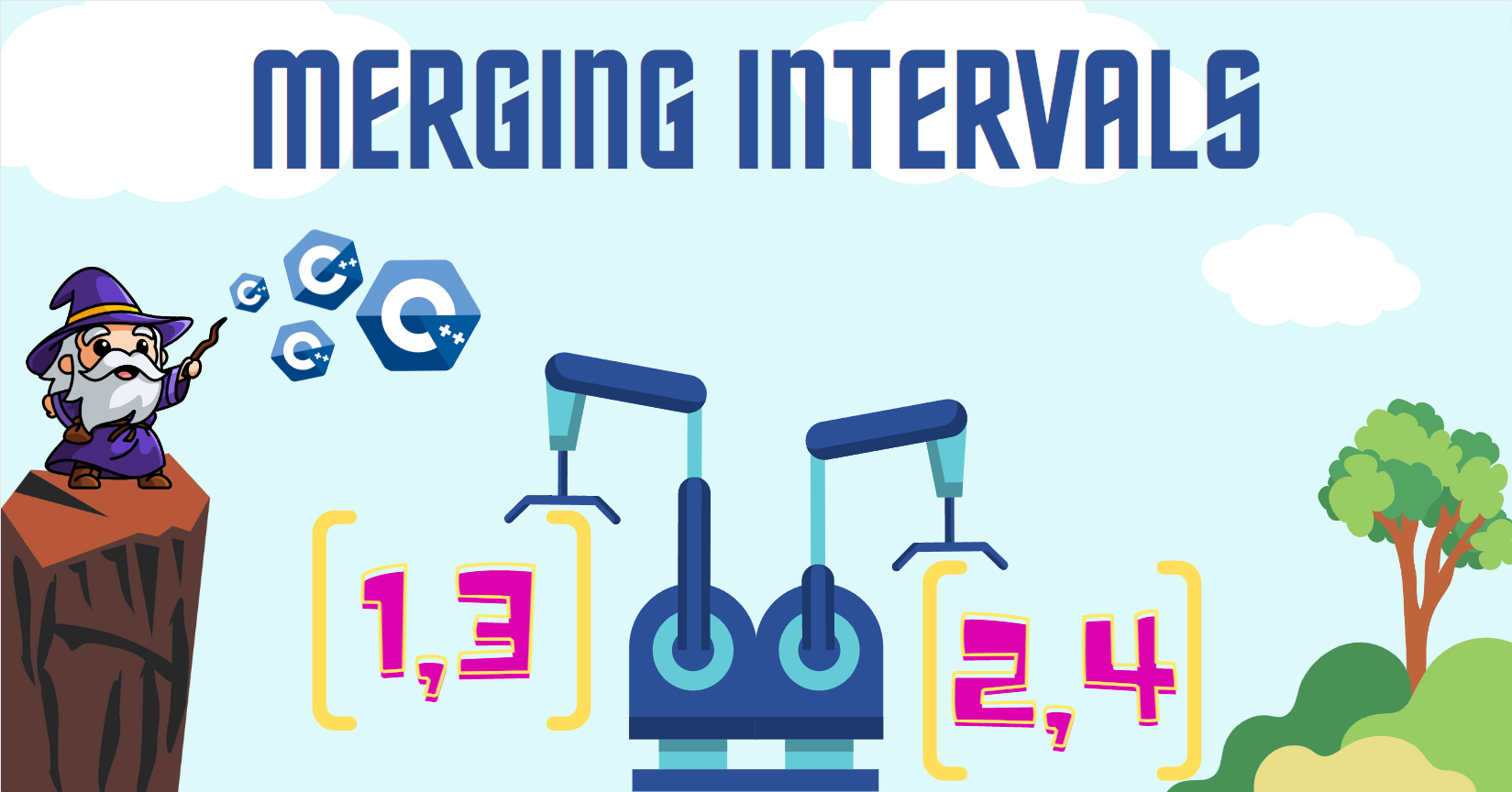C++ Memory Management - an Interview with Patrice Roy
Patrice Roy has written a book on C++ Memory Management for Packt, this is an interview about his book
C++ Memory Management - an interview with Patrice Roy
March 19-21, Madrid, Spain
April 1-4, Bristol, UK
June 16-21, Sofia, Bulgaria
By Meeting C++ | Mar 28, 2025 02:48 PM | Tags: performance meetingcpp community c++20 c++17 basics advanced
Patrice Roy has written a book on C++ Memory Management for Packt, this is an interview about his book
C++ Memory Management - an interview with Patrice Roy
By Meeting C++ | Jan 19, 2025 09:18 AM | Tags: meetingcpp community c++20 basics advanced
Meeting C++ online did kick off the year with a sponsored event by NVIDIA with Bryce Adelstein Lelbach presenting his talk Think Parallel:
Think Parallel - Bryce Adelstein Lelbach
By Meeting C++ | Oct 12, 2024 05:56 AM | Tags: meetingcpp community c++26 c++23 c++20 basics advanced
Meeting C++ hosted an online AMA with Herb Sutter on Friday.
AMA with Herb Sutter - Meeting C++ live
by Jens Weller & Herb Sutter
Video:
By Meeting C++ | Mar 20, 2024 02:07 AM | Tags: performance meetingcpp intermediate experimental community c++20 advanced
A post on how to provide a pointer to a Qt Model/View or other APIs storing pointers to their data without using shared_ptr or unique_ptr for the actual object.
Providing a stable memory address
by Jens Weller
From the article:
Some APIs allow you to store a pointer to your data element. This is used to access additional information from your types to display them in Model/View Architecture.
A while ago I showed how you can implement a tree with shared_ptr and enable_shared_from_this and then display this in QTreeView. And when working on my current project I knew this problem would come around again. Maybe not for a tree and a tree view, but I'll clearly need to have some way to have ui panels display and edit my data classes and store a stable memory adress as a pointer in Qt models. Back in 2015 the Qt5 example still used a pointer allocated with raw new for this, in Qt6 the example uses unique_ptr. Using shared_ptr for this back in 2015 was a good decision, and the code works very well. For the moment I don't see that my current project would need to make use of enable_shared_from_this, so using unique_ptr would be a good option...
By Meeting C++ | Dec 30, 2023 03:38 AM | Tags: performance meetingcpp intermediate community c++20 c++17 c++14 basics advanced
Highlighting the current video releases for Meeting C++ 2023: the keynotes
With this year Meeting C++ had a unique set of keynotes, covering 6 impossible problems for software devs with the opening keynote by Kevlin Henney, followed by great wisdom about how open communities thrive by Lydia Pintscher. The closing keynote by Ivan Čukić was an impressive medley composing various idioms with Prog(ressive) C++.
All these keynotes are worth watching, a great contribution to our knowledge base as a community. Thanks to Kevlin Henney, Lydia Pintscher and Ivan Čukić for preparing these great presentations!
By Meeting C++ | Dec 17, 2023 02:24 PM | Tags: meetingcpp intermediate advanced
Kevlin Henney gave the opening keynote at Meeting C++ 2023
6 impossible things - Kevlin Henney - Opening Keynote Meeting C++ 2023
by Kevlin Henney
Video:
By Marco Arena | Mar 8, 2023 04:36 AM | Tags: thatsarotate ranges experimental c++20 advanced
 Revisiting a classical programming puzzle in next generation C++:
Revisiting a classical programming puzzle in next generation C++:
Merging intervals in next-gen C++
by Marco Arena
From the article:
A few weeks ago, I set this problem at Coding Gym: given an array of intervals where intervals[i] = [starti, endi], merge all overlapping intervals, and return an array of the non-overlapping intervals that cover all the intervals in the input...
By Meeting C++ | Dec 10, 2022 11:38 AM | Tags: meetingcpp intermediate community c++20 basics advanced
The opening keynote of Meeting C++ 2022 is now online!
Belle Views on C++ Ranges, their Details and the Devil - Nico Josuttis - Keynote Meeting C++ 2022
by Nicolai Josuttis
Watch it now
By Meeting C++ | Aug 18, 2022 07:11 AM | Tags: performance intermediate debugging debug basics advanced
A post on conditional breakpoints, including two surveys about their usage.
About conditional brealkpoits
by Jens Weller
From the article:
A few weeks ago someone asked me for advice on finding a specific bug in a larger C++ code base...
I don't remember much of the details, but one of the challenges was that at least some of the code based used public members, and in order to find the bug a change in these members is what they wanted to understand. Adding out put statements into a setter function wasn't possible, as the code did not have those. My suggestion was using a conditional breakpoint. And it also made me curious, if and how they're used with in our community.
By Meeting C++ | Aug 11, 2022 02:19 AM | Tags: meetingcpp intermediate conference community c++20 c++17 basics advanced
Since yesterday its possible to have a first look at the program of Meeting C++ 2022
A first view on the talks and speakers of Meeting C++ 2022
by Jens Weller
From the article:
I'm excited to release this update for Meeting C++ 2022: the talks and speakers for this years conference!
As you can see in the talk listing, this is still an ongoing process, getting the speaker pictures from the new speakers for this year will still take a while. Creating the schedule will also take a few weeks, as of now Tracks A and B are planned on site, with Tracks C and D being part of the online part.